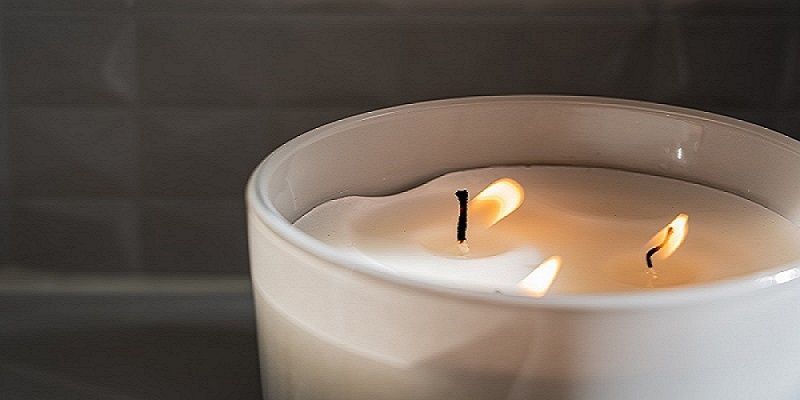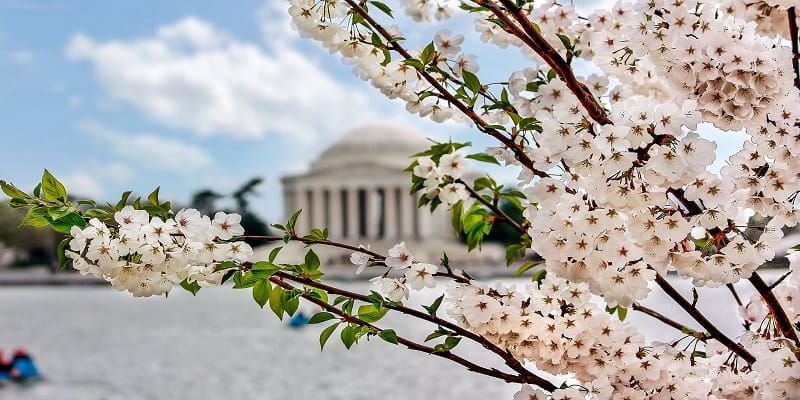How to Incorporate Faith or Culture into Cremation Services
Discover how to honor cultural and religious traditions in cremation services. Explore personalized approaches for meaningful farewells.

When arranging a cremation service in LaGrange, IL, honoring a loved one's cultural or religious beliefs plays a pivotal role in creating a meaningful and respectful farewell. In a diverse society where traditions vary widely, integrating these deeply personal elements into a cremation service allows families to commemorate the departed in a way that reflects their identity, values, and heritage.
Understanding the Importance of Cultural Sensitivity
Culture significantly influences how individuals approach death and memorialization. For many, rituals surrounding death are not only acts of remembrance but essential spiritual processes. This means that a thoughtful cremation service must accommodate specific customs, whether through prayers, ceremonial objects, symbolic gestures, or even the structure and sequence of events.
Cultural sensitivity begins with listening—understanding a family's background and traditions—and continues with clear communication and compassionate planning. This helps ensure that the service does not just fulfill a procedural need but becomes a reflection of a life lived within a cultural or faith-based framework.
Religious Considerations in Cremation Services
Different faiths have varied perspectives on cremation. For instance:
- Buddhism and Hinduism often regard cremation as a spiritual release and an essential rite of passage. Services may include chanting, ceremonial offerings, and traditional dress codes.
- Christian denominations differ in their views. While Catholicism now permits cremation, it may still require certain guidelines to be followed, such as keeping remains in a sacred place and incorporating religious prayers and scripture readings.
- Judaism traditionally favors burial, but some families now choose cremation due to personal or logistical reasons. Sensitive conversations around the choice and how to honor the departed in a Jewish context are important.
- Islam generally prohibits cremation. However, in multicultural families or interfaith scenarios, discussions may arise, requiring tact and deep respect from service providers.
Navigating these diverse practices requires familiarity with a range of religious doctrines and an open-minded approach that prioritizes the family's wishes while respecting faith-based boundaries.
Personalization Rooted in Culture
Personalizing a service to reflect a loved one's cultural heritage can take many forms beyond religious rites. These include:
- Music and Language: Incorporating traditional songs, hymns, or languages spoken by the deceased.
- Cuisine and Hospitality: Offering culturally significant food during a post-service gathering.
- Dress Codes and Symbols: Encouraging guests to wear traditional attire or incorporating cultural symbols into programs and decor.
- Storytelling and Memories: Inviting family members to share stories that highlight cultural identity and values.
These elements transform a cremation service into a celebration of the person's roots and journey, bridging past and present in a poignant way.
Collaboration with Cultural and Faith Leaders
One of the most effective ways to authentically integrate cultural or religious components is by involving community leaders, such as clergy, spiritual advisors, or cultural elders. Their presence lends authenticity and guidance, ensuring that rituals are observed correctly and meaningfully.
Collaborating with these figures not only supports the family spiritually but also enriches the service with context and reverence. It also reinforces the funeral home's role as a trusted provider that values the community's diverse backgrounds.
Practical Planning Tips for Families
To help families navigate this process, consider the following recommendations:
- Start Conversations Early: Engage with your funeral director about cultural or religious wishes from the beginning.
- Be Clear About Non-Negotiables: If specific rites or rituals are essential, ensure these are communicated and documented clearly.
- Discuss Venue Flexibility: Some traditions require certain spatial arrangements or outdoor ceremonies, so verify what is possible in advance.
- Request Guidance: Families unfamiliar with planning can request suggestions or templates that honor cultural traditions.
Meeting Modern Needs While Honoring Tradition
While the funeral industry faces pressure from evolving preferences and financial realities, it remains essential to uphold dignity and tradition. Adapting services to meet cultural needs is not just about inclusivity—it also supports the long-term relevance and integrity of funeral homes in an increasingly diverse market.
As consumer behaviors shift and direct cremation options expand, independent providers must find ways to differentiate their services. Emphasizing cultural and faith-based customization helps preserve the emotional and spiritual significance of memorialization while offering added value that generic services often lack.
Conclusion
Incorporating faith and culture into a cremation service in LaGrange, IL ensures that the memory of a loved one is honored with authenticity, compassion, and respect. Whether through personalized traditions, involvement of spiritual leaders, or mindful planning, these services become meaningful reflections of identity and heritage.
For families seeking a trusted provider to help craft a culturally and spiritually resonant farewell, Chicagoland Cremation Options offers supportive guidance and professional care. Contact us today to learn how we can help you honor your loved one with dignity and tradition.












